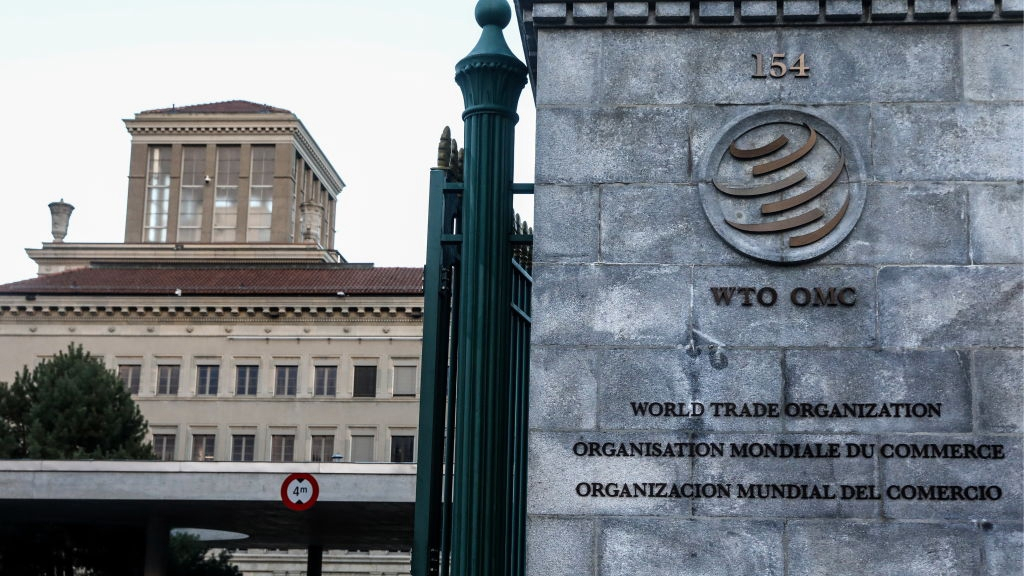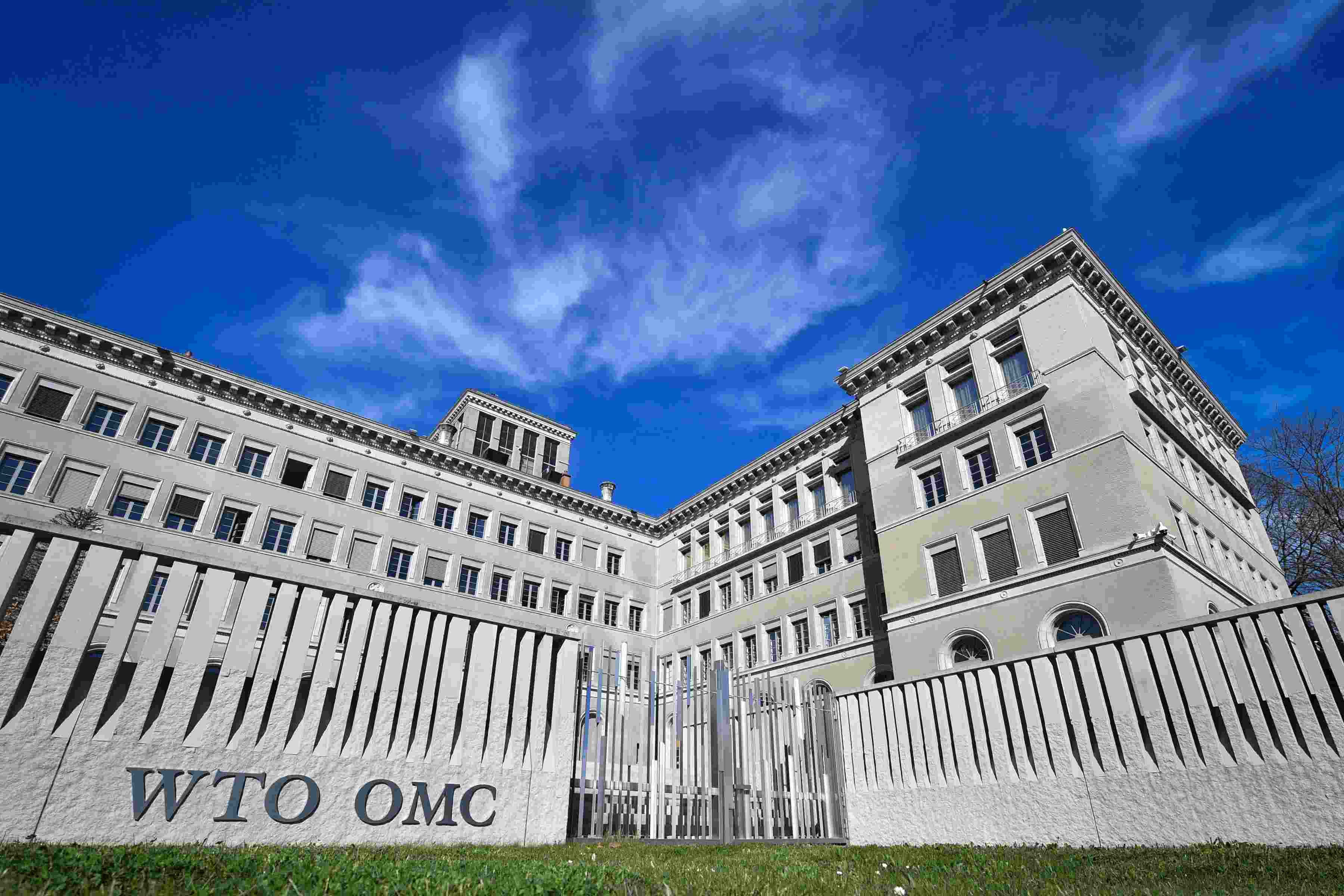
Opinion
08:39, 21-Apr-2019
A delusion of complete victory and a real triumph
Updated
09:05, 21-Apr-2019
Zhu Zheng

Editor's note: Zhu Zheng is an assistant professor focusing on constitutional law and politics at China University of Political Science and Law. The article reflects the author's opinion, and not necessarily the views of CGTN.
On April 18th, the World Trade Organization (WTO) handed down a ruling on the case tabled by the United States against China over tariff-rate quotas (TRQ) used for rice, wheat and corn, stating that China's quota “administration contains legal flaws from the beginning through to the completion of the process.”
Since its accession to the WTO, China has adopted specific TRQs administration which applies a lower tariff rate to agricultural imports up to a certain quantity (in-quota tariff) and then applies higher duties to imports that exceed the threshold (out-of-quota tariff).
However, the WTO panel, after long reasoning, found that the basic eligibility criteria, allocation principles, and reallocation and public comments procedures have not been administered on a transparent, predictable, and fair basis. The WTO, therefore, ruled that China's use of quotas has been inconsistent with its Accession Protocol.
The U.S. government and media applauded the verdict, viewing the conviction as a big victory. It claimed that Beijing's actions would have prevented an additional 3.5 billion U.S. dollars worth of crops to be imported into China had China's TRQs been fully used, and the ruling would give Washington an upper-hand in the final round of trade talks, and will get American farmers an access to China's market in the months to come.
However, this remains largely a fallacy for the following three reasons.

The U.S. Capitol in Washington, DC, April 17, 2019. /VCG Photo
The U.S. Capitol in Washington, DC, April 17, 2019. /VCG Photo
First of all, from a procedural point of view, the current panel report of the WTO is never a final conclusion; either the U.S. or China may appeal the case within the next 60 days to the Appellate Body and the Settlement of Disputes (DSU) as the Appellate Body is likely to modify or even reverse the legal findings and conclusions otherwise.
In an official statement, China's Ministry of Commerce said it will fully review the report and at the moment, it is unknown whether Beijing would appeal or not.
Second, in terms of the subject matter, the United States had not proven all of its argument.
As the panel report pointed out in its conclusion, the U.S. had failed to demonstrate that the extent of the public notice related to TRQs is an infringement of the WTO obligation, nor had it proven that China's usage requirement for imported rice breached the duties under the General Agreement on Tariffs and Trade (GATT) 1994. Therefore, it can hardly claim that the U.S. has secured a complete victory.
Last but not least, it should be noted that while most parts of the report can be found in favor of Washington, the decision itself cannot be viewed as an exclusive victory of the U.S. Rather, it is the triumph of the WTO.
While enough proposals have been brought forward in recent years to reform the WTO – for example, to ensure fairness, enhance efficiency, and protect developing countries' interests, China has steadfastly upheld the WTO mechanism and strongly resisted the protectionism.

The World Trade Organization (WTO) headquarters are seen in Geneva, April 12, 2018. /VCG Photo
The World Trade Organization (WTO) headquarters are seen in Geneva, April 12, 2018. /VCG Photo
Conceivably, when countries retaliate against each other's dumping, tariffs or subsidies by doing the same or worse, it would create a downward spiral that exacerbates the conflicts, thereby hurting both countries' economic growth.
Comparably, by giving their cases to the WTO, nations would often settle the disputes in a sensible and peaceable way – mostly through consultations and sometimes the WTO would levy sanctions if it found the accusations real.
In the present case, for example, while expressing “regrets” in some parts of the ruling, China reclaims its support for the WTO still, saying that China will “properly handle the issue according to the WTO's dispute settlement procedures and actively maintain the stability of the multilateral trading system.”
Indeed, as the world economy is coming to a critical juncture, the WTO mechanism should play a vital role in preventing the damaging consequences of trade protectionism and in safeguarding world economic order. In this light, the verdict issued on April 18 can hardly be viewed as America's sole victory, but a real triumph of the WTO.
(If you want to contribute and have specific expertise, please contact us at opinions@cgtn.com.)

SITEMAP
Copyright © 2018 CGTN. Beijing ICP prepared NO.16065310-3
Copyright © 2018 CGTN. Beijing ICP prepared NO.16065310-3